If you hit the weights hard in the gym to sculpt the ideal body, you need to eat more protein to support your muscle-building and recovery needs.
But you don’t need to get bogged down in trying to include meat in every meal. With these handy tips, you can easily hit your daily macronutrient requirements without the hassle.
1. Don’t just rely on animal products
We all know the major sources of protein come from animals such as beef, fish, chicken, turkey, venison, milk and eggs.
However, there are various other foods that also offer a great protein source. Protein can be found in many grains and numerous other plant sources such as quinoa, brown rice and oats. Additional plant-based protein sources include avocado, peas, lentils, soya beans, beetroot and miso soup.
You can also snack on various nuts like almonds, as well as seeds and coconuts, which all have above average protein contents.
While some may not offer a complete amino acid profile, combining two or more plant-based complementary protein sources can create a complete profile that will help to increase your protein intake throughout the day.
For example, you could combine grains and legumes by eating rice and beans, natural peanut butter on whole-wheat bread, or chickpeas with salad and cornbread.
2. Drink more protein
Juicing with good sources of vegetable proteins can significantly increase your protein intake without the physical burden of eating the corresponding amount of food. You can also boost the protein content of any ‘juiced’ meal by simply adding a scoop of whey or plant protein powder.
You can also make educated choices on the liquids you drink to get in more protein per glass. Coconut milk, for instance, has a much higher protein content than normal milk. Various fortified milk products on the market also offer boosted protein contents and provide added minerals and vitamins.
There is also an increasing number of well-formulated ready-to-drink (RTD) supplement products available on the shelves of retail outlets countrywide. These handy products provide you with highly bioavailable protein in a quick and convenient pre-packaged product to boost protein intake whenever you want.
3. Watch out for fat
The fat content of the food you eat can interfere with optimal protein absorption by slowing the rate of gastric emptying. When this happens you slow down every subsequent step in the digestion process, including protein absorption. So limit your intake of high-fat foods when eating high protein meals, especially after exercise.
4. Supplement support
Using well-formulated supplements is the ideal way to boost your daily protein intake without all the stress and hassle it places on your meal prep time.
Whey protein powder, RTDs and convenient protein bar supplements offer high quality bioavailable proteins that deliver a complete amino acid profile, which you can use at specific times during the day to ensure your body gets all the protein it needs at the right time, in the right quantity.
Supplementing with Branched Chain Amino Acids (BCAAs) also provides your body with the essential building blocks required to create and repair muscle tissue.
Glutamine is another important supplement to use to ensure adequate protein intake because, while it’s a non-essential amino acid, heavy training can make it conditionally essential, which means you will need to increase stores directly through your diet.

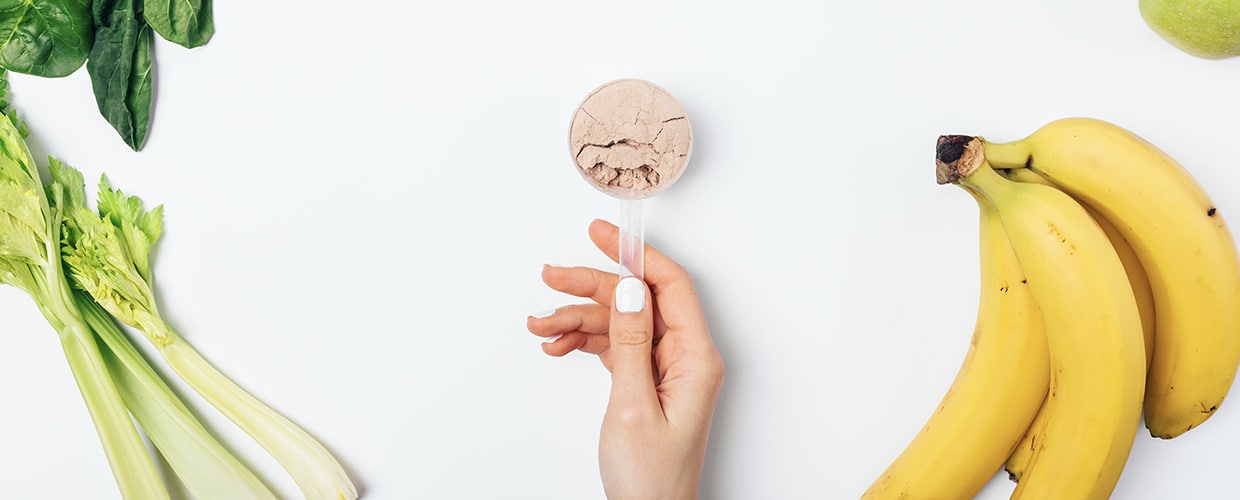
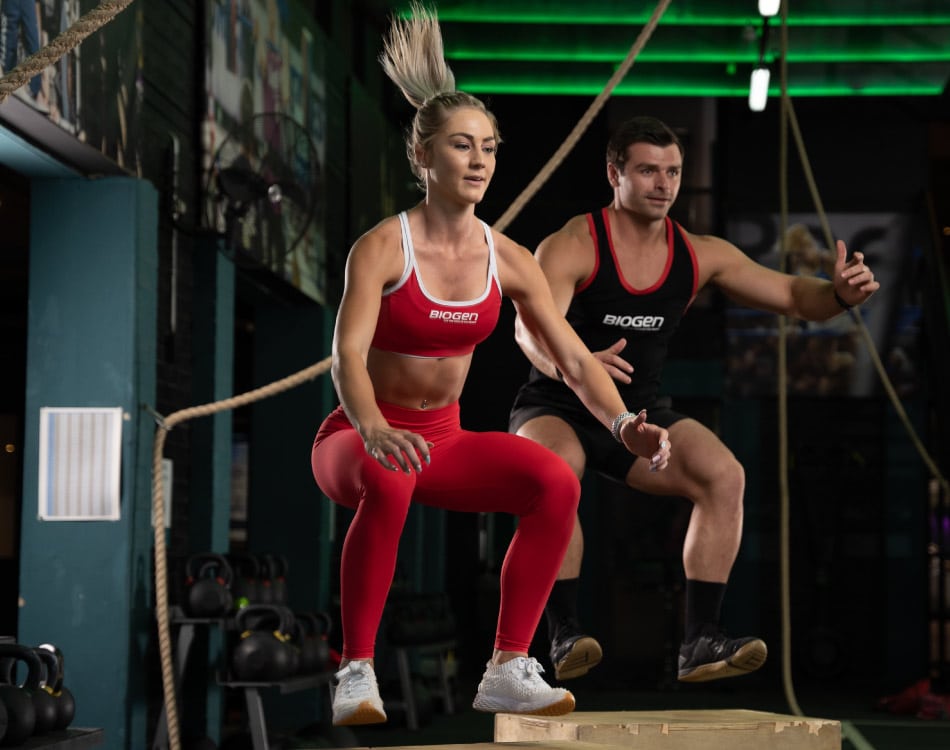

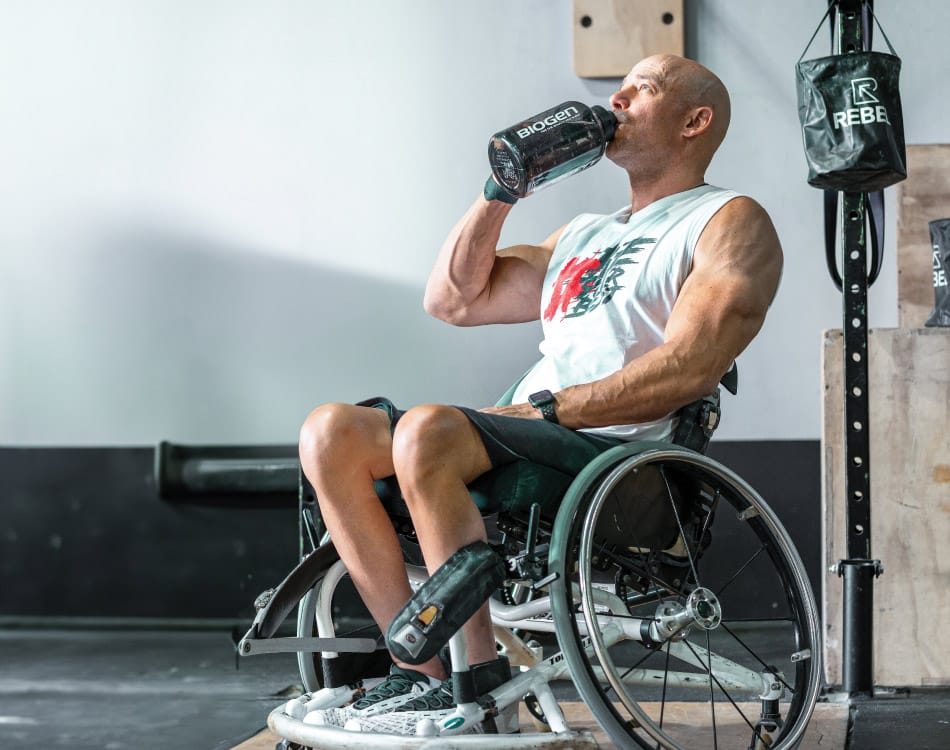

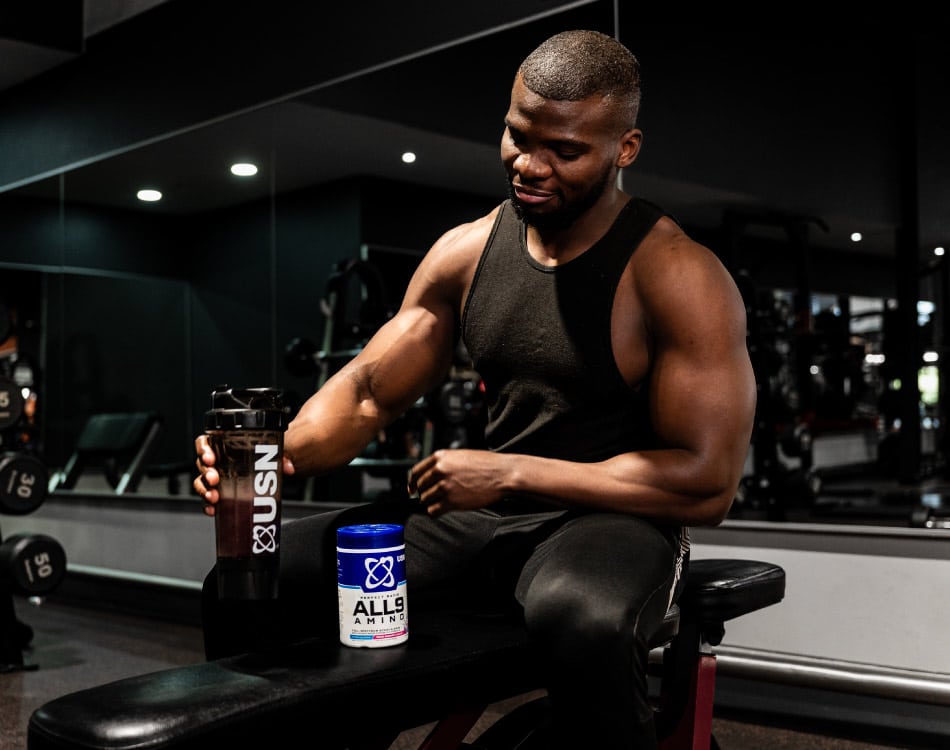

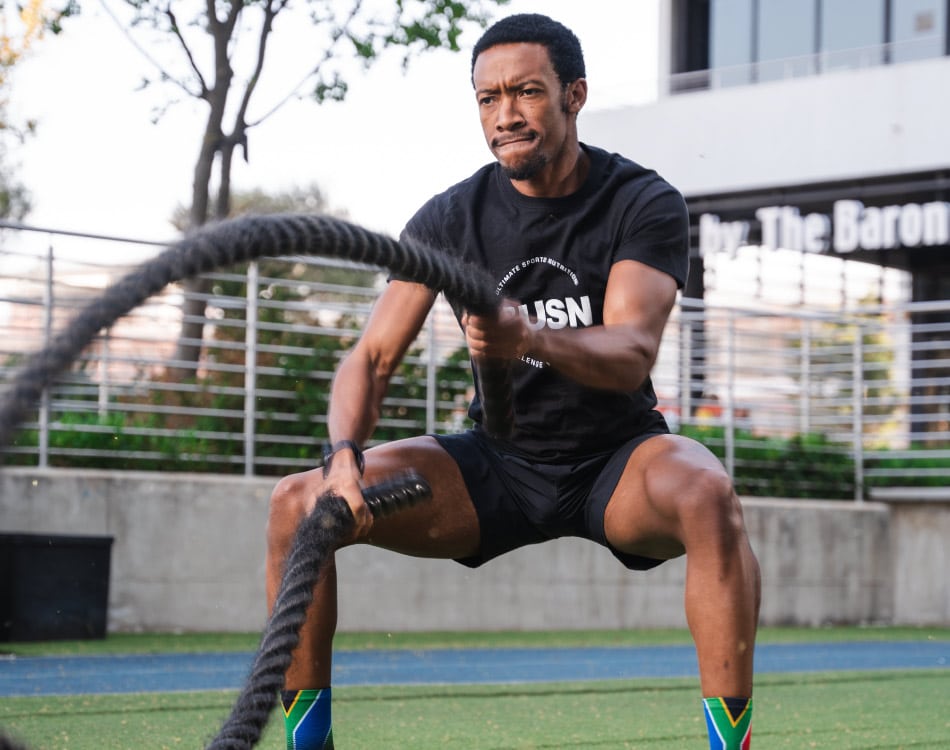
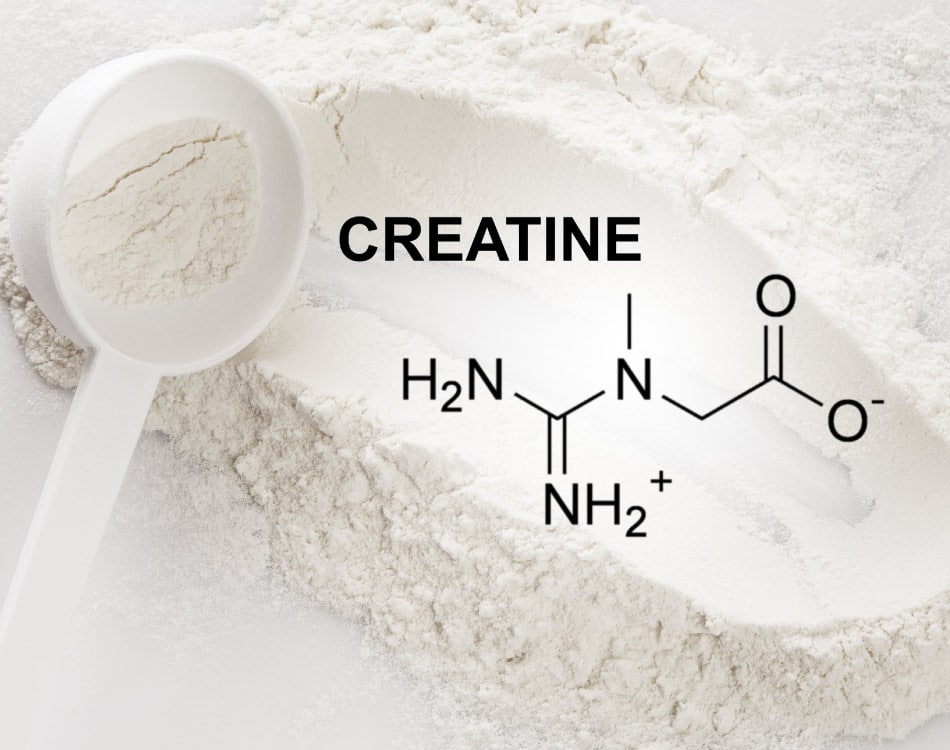
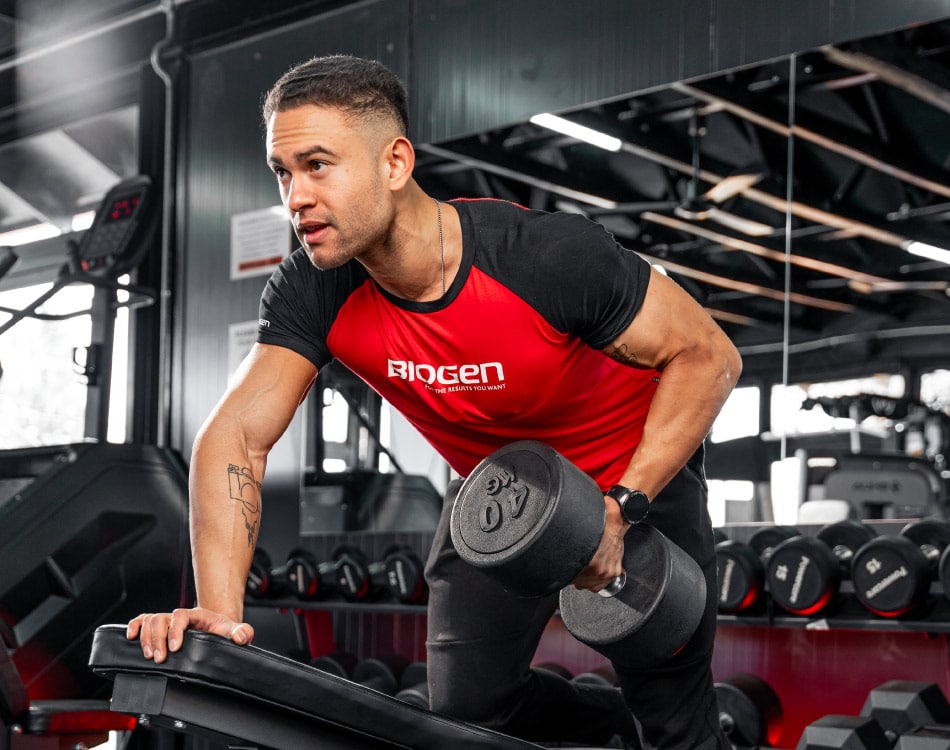


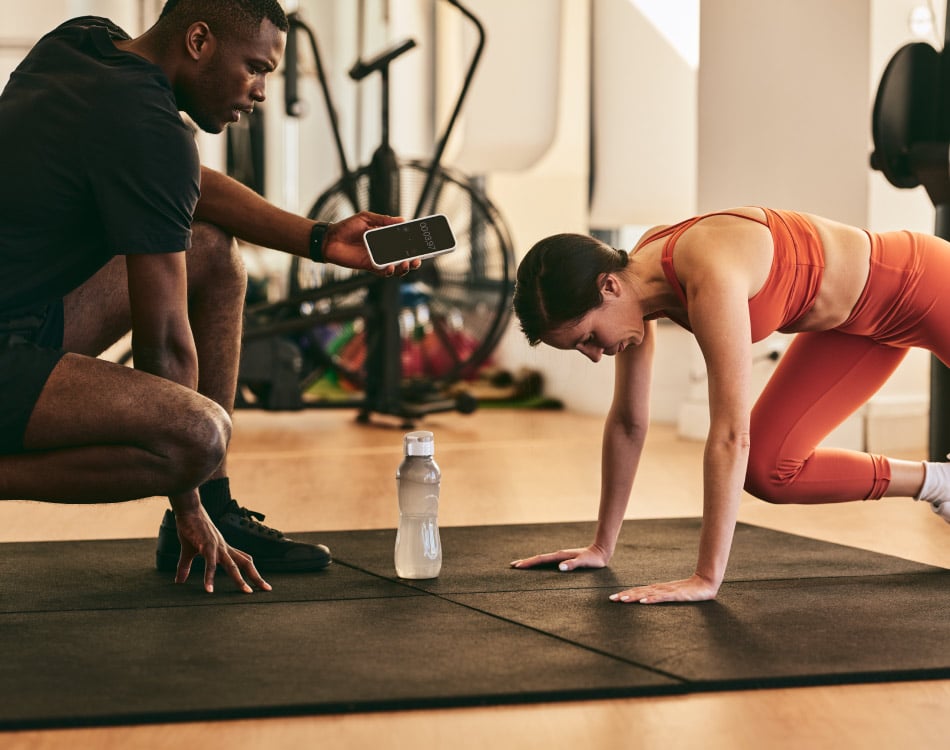



Leave A Comment